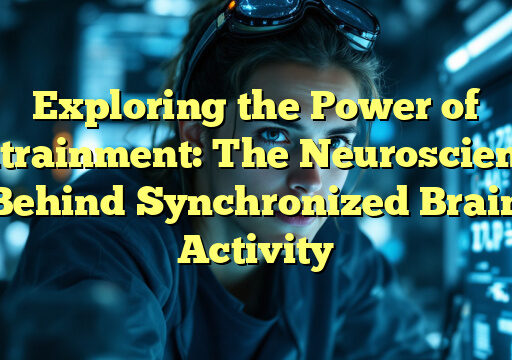The hippocampus is a small, seahorse-shaped structure located in the brain that plays a crucial role in memory formation and retrieval. It is part of the limbic system, which is responsible for emotions, behaviors, and long-term memory storage. The hippocampus is involved in organizing information into a coherent memory and forming new memories.
There are two main types of memory: short-term memory and long-term memory. Short-term memory is like a temporary storage system that holds information for a short period of time, such as remembering a phone number long enough to dial it. Long-term memory, on the other hand, is the storage of information over time for later retrieval, such as remembering events from your childhood.
The hippocampus is particularly important for the formation of new long-term memories. It acts as a bridge between short-term and long-term memory by encoding information from short-term memory into a more permanent form in the brain. The process of memory consolidation involves strengthening the connections between neurons in the hippocampus and other brain regions.
Studies have shown that damage to the hippocampus can result in memory loss and difficulty forming new memories. Patients with damage to the hippocampus, such as in cases of Alzheimer's disease or head trauma, often have trouble remembering recent events or learning new information. This highlights the importance of the hippocampus in memory function.
How the Hippocampus Works
The hippocampus receives input from various regions of the brain, including the neocortex, which is responsible for processing sensory information. It then processes and integrates this information to form new memories. Memories are stored in the hippocampus through a process known as synaptic plasticity, where connections between neurons are strengthened or weakened based on experience.
When a new memory is formed, neural networks in the hippocampus are activated, and new connections are made between neurons. These connections are strengthened over time through repeated exposure to the same information, leading to the formation of long-term memories. This process is critical for learning and memory function.
Conclusion
The hippocampus is a key brain structure involved in memory formation and retrieval. It plays a crucial role in encoding new information into long-term memory and consolidating memories for later retrieval. Damage to the hippocampus can lead to memory impairments and difficulties in learning new information. Understanding how the hippocampus works can help us better appreciate the complexities of memory function and how it shapes our daily experiences.
FAQs
Q: Can the hippocampus regenerate neurons?
A: The hippocampus is one of the few brain regions where new neurons can be generated through a process called neurogenesis. This process occurs throughout life but declines with age. Physical exercise, a healthy diet, and cognitive stimulation can promote neurogenesis in the hippocampus.
Q: Is memory loss always a sign of hippocampal damage?
A: Memory loss can have many causes, including stress, lack of sleep, and certain medications. While hippocampal damage can lead to memory impairments, not all memory loss is due to damage to the hippocampus. It is important to consult a healthcare professional for a proper diagnosis.
Q: How can I improve my memory function?
A: To improve memory function, you can engage in activities that stimulate the brain, such as puzzles, learning new skills, and physical exercise. Keeping a healthy lifestyle, including proper nutrition, regular exercise, and adequate sleep, can also support memory function.
Unlock Your Mental Potential




